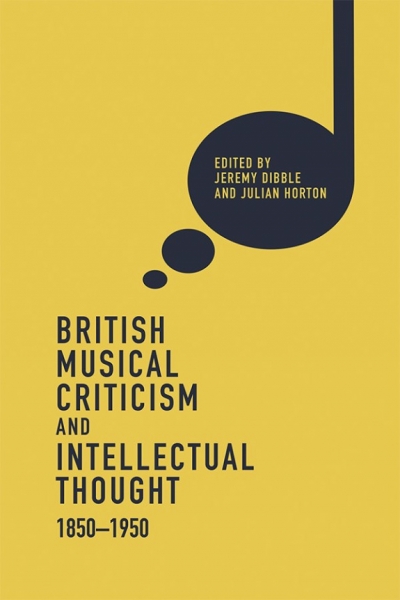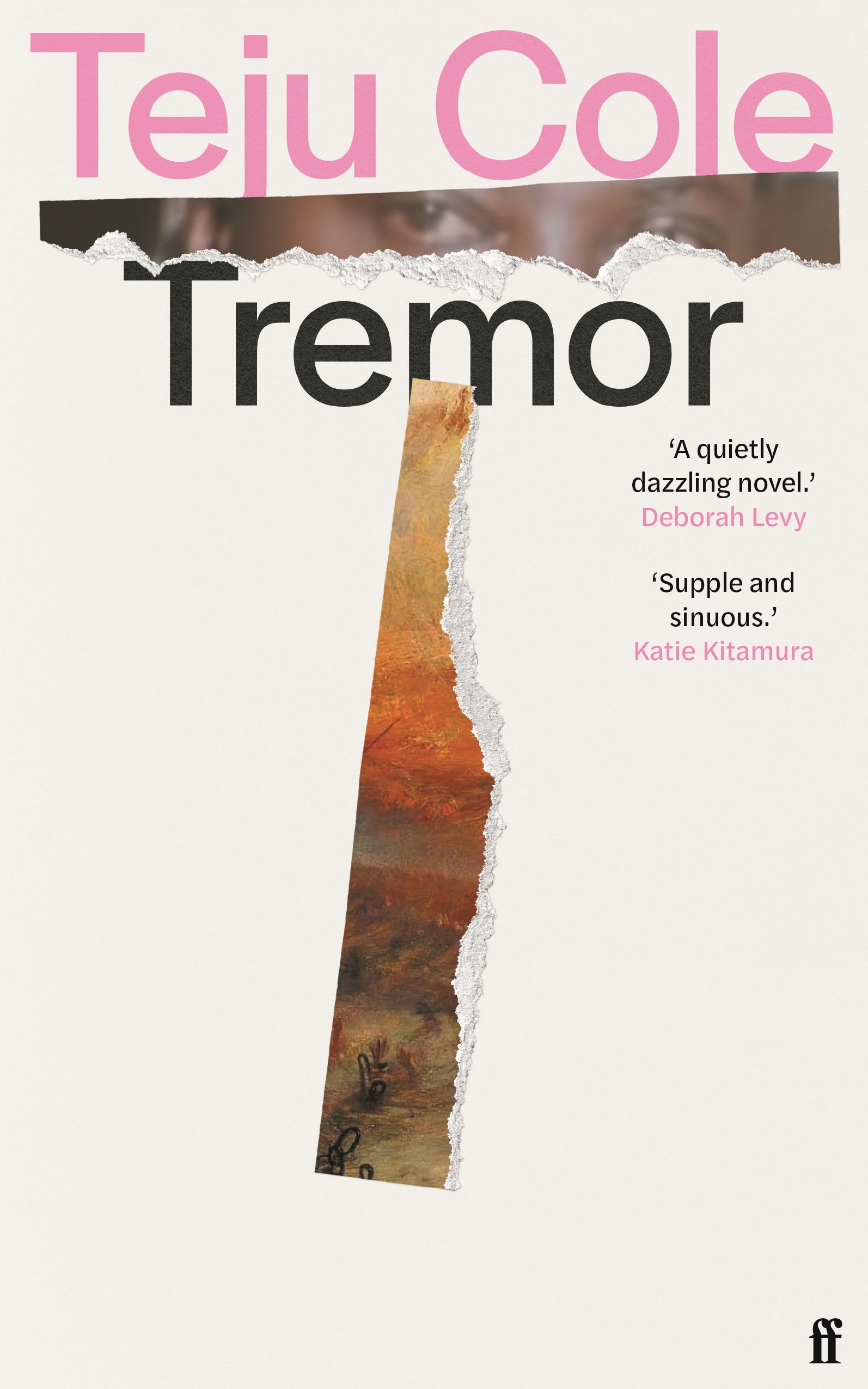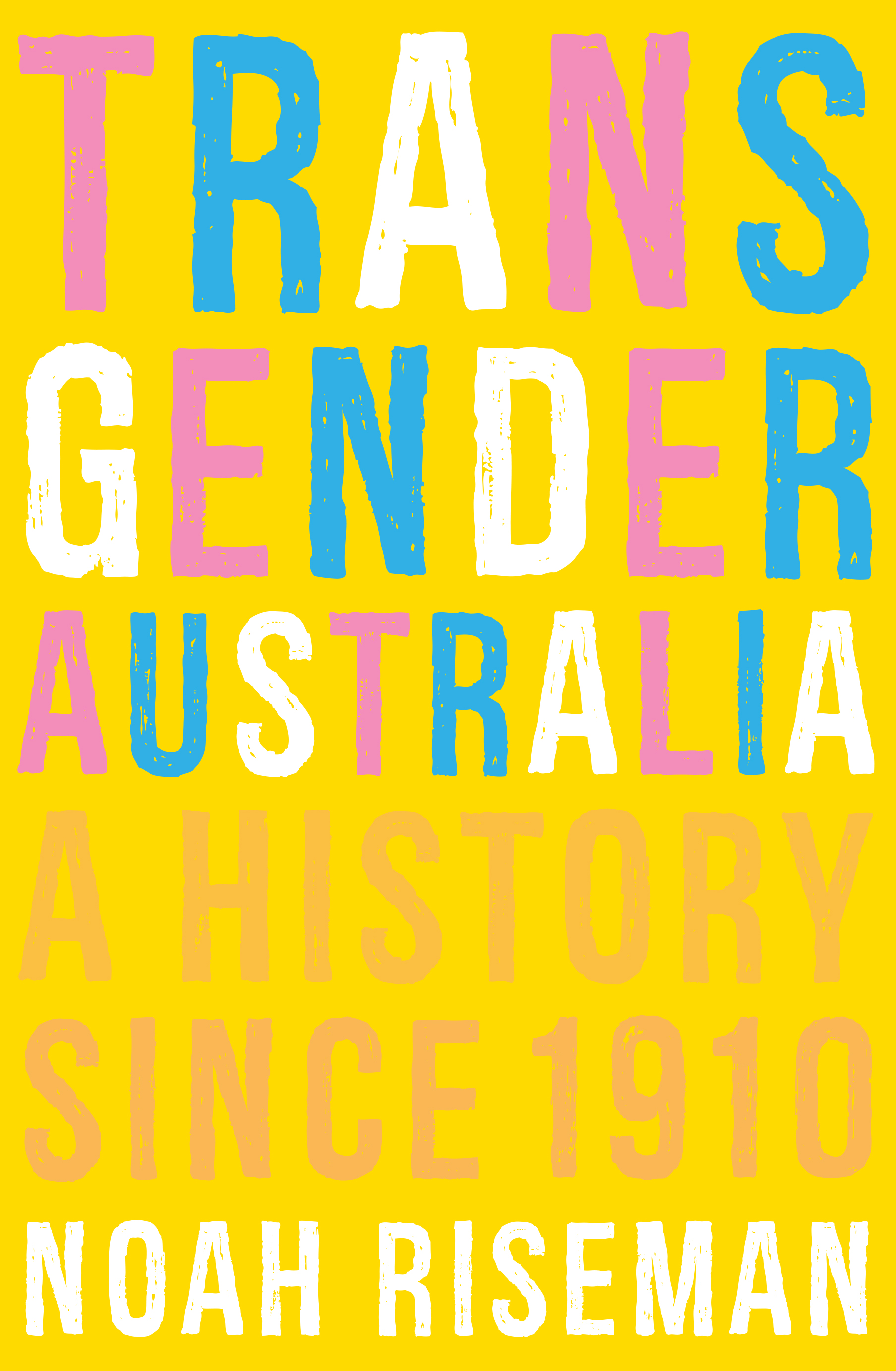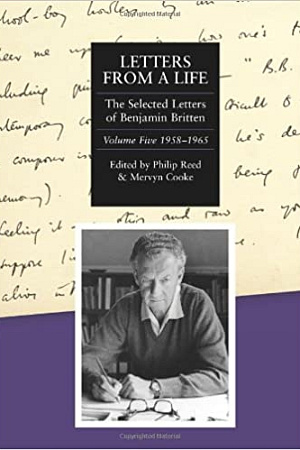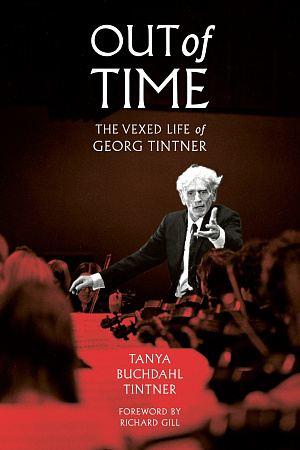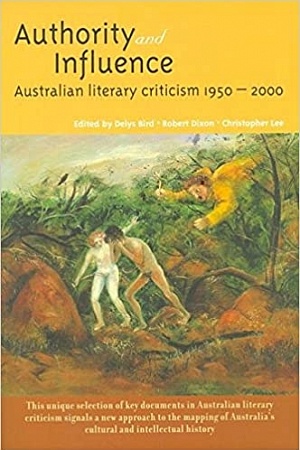British Music Criticism and Intellectual Thought 1850–1950
Boydell Press, $119 hb, 390 pp, 9781783272877
British Music Criticism and Intellectual Thought 1850–1950 edited by Jeremy Dibble and Julian Horton
When the German social commentator Oscar A.H. Schmitz described England as ‘Das Land ohne Musik’ [The Country without Music], the insult stuck. Its veracity arose not because the English lacked a vibrant musical culture, or a lively intellectual class prepared to engage with what they were hearing. Rather, it was because Schmitz believed the English simply did not consider music to be an art form that could, or should, play a significant role in the nation’s cultural consciousness.
This generous and engaging volume of scholarly essays examines the work of music critics that stands to counter Schmitz’s censure. Its focus, the title notwithstanding, is on English journalists, authors, and, more latterly, broadcasters, and it covers a period of time almost exactly parallel with the lifespan of George Bernard Shaw (1856–1950). Not surprisingly Shaw’s music criticism features prominently alongside studies of other well-known critics; we are also introduced to many others unlikely to be known today.
Their combined legacy is worth reconsidering, for, as Julian Horton’s especially fine chapter on Donald Tovey’s reception of Schumann and Bruckner reminds us, one risk we run of ignoring their views is that we may be unaware of how we might still be beholden to them. When our own capacity to think critically is also threatened by the decline in rigorous music education in school and a loss of faith in expert opinion more broadly in social media, it becomes all too easy ‘to mobilise received opinion’ than to consider more deeply ‘music’s processual, affective and cultural-historical complexities’. Good criticism should always be grounded in the latter.
Continue reading for only $10 per month. Subscribe and gain full access to Australian Book Review. Already a subscriber? Sign in. If you need assistance, feel free to contact us.

